In Artinis NIRS blog, you will find the latest trends in (f)NIRS, NIRS studies and applications, tutor from the leaders of near infrared spectroscopy, not to mention detailed insights and tips and tricks for your research!
Search blog post topic

Integrating muscle NIRS & HD-EMG: Gain advanced muscle insights
Both NIRS and HD-EMG are non-invasive and portable techniques for muscle measurements. Combining these two methodologies can provide complementary information and enable enhanced insights into muscle activity and metabolism in many applications. In this blogpost we explain both techniques and highlight the advantages of combining NIRS and HD-EMG!
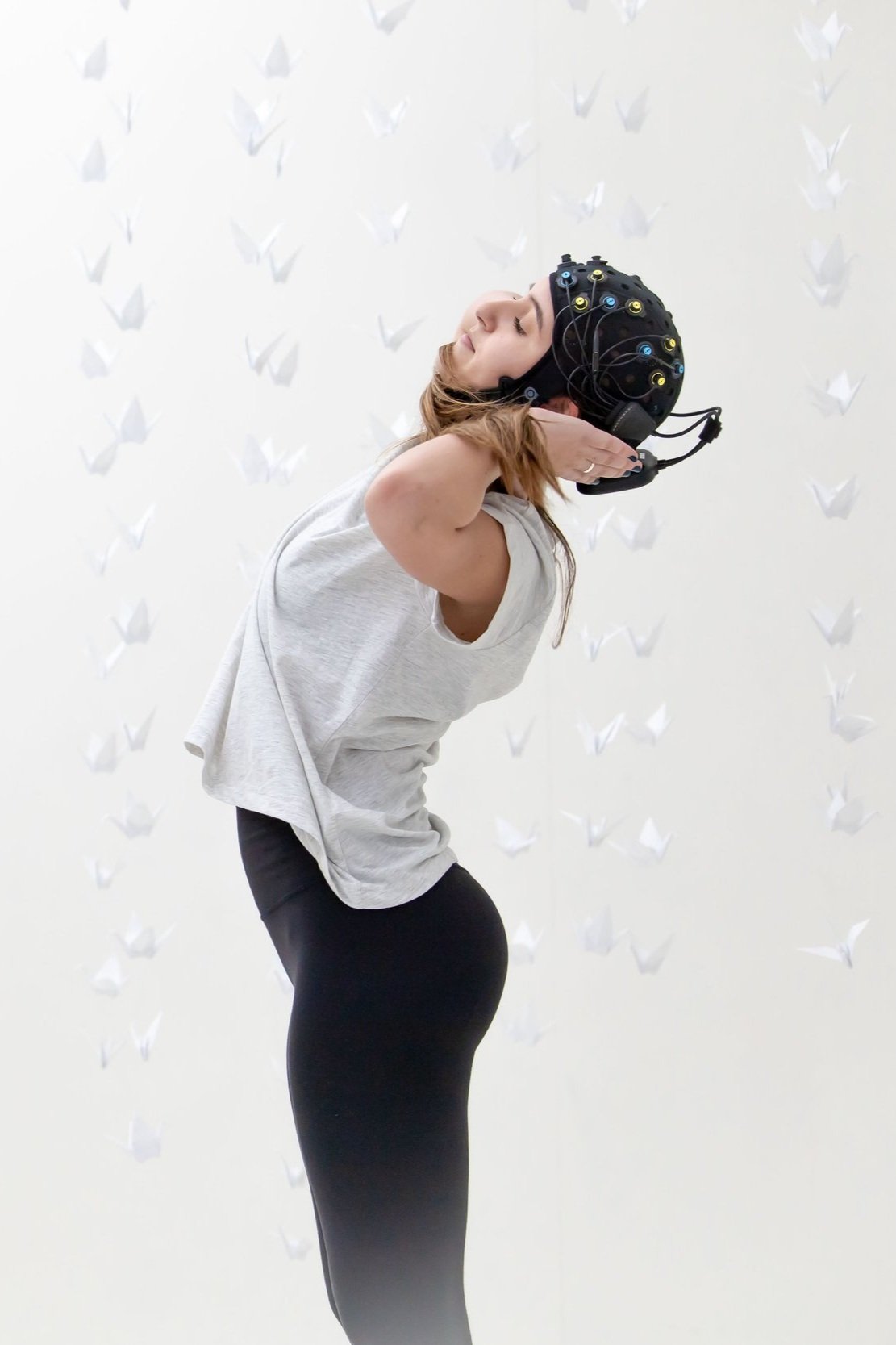
Motion artefacts in (f)NIRS — How to best detect them
Although fNIRS is relatively insensitive for motion artefacts, they cannot be completely prevented. Fortunately, there are various ways to detect motion artefacts. In this second part of our blogpost series on motion artefacts, we explain different methods of detections and elaborate on their advantages and disadvantages.

Non-cerebral physiological interference in functional Near-Infrared Spectroscopy (fNIRS), a CURSE or BLESSING?
Our fNIRS devices offer a high sampling rate, enabling extraction of additional physiological parameters, including respiratory rate (RR). These parameters can provide important additional information that can be used as adjunction to cerebral activity measures. In this blogpost, the possibility of RR estimation from fNIRS in a resting state is discussed in the form of a case study.
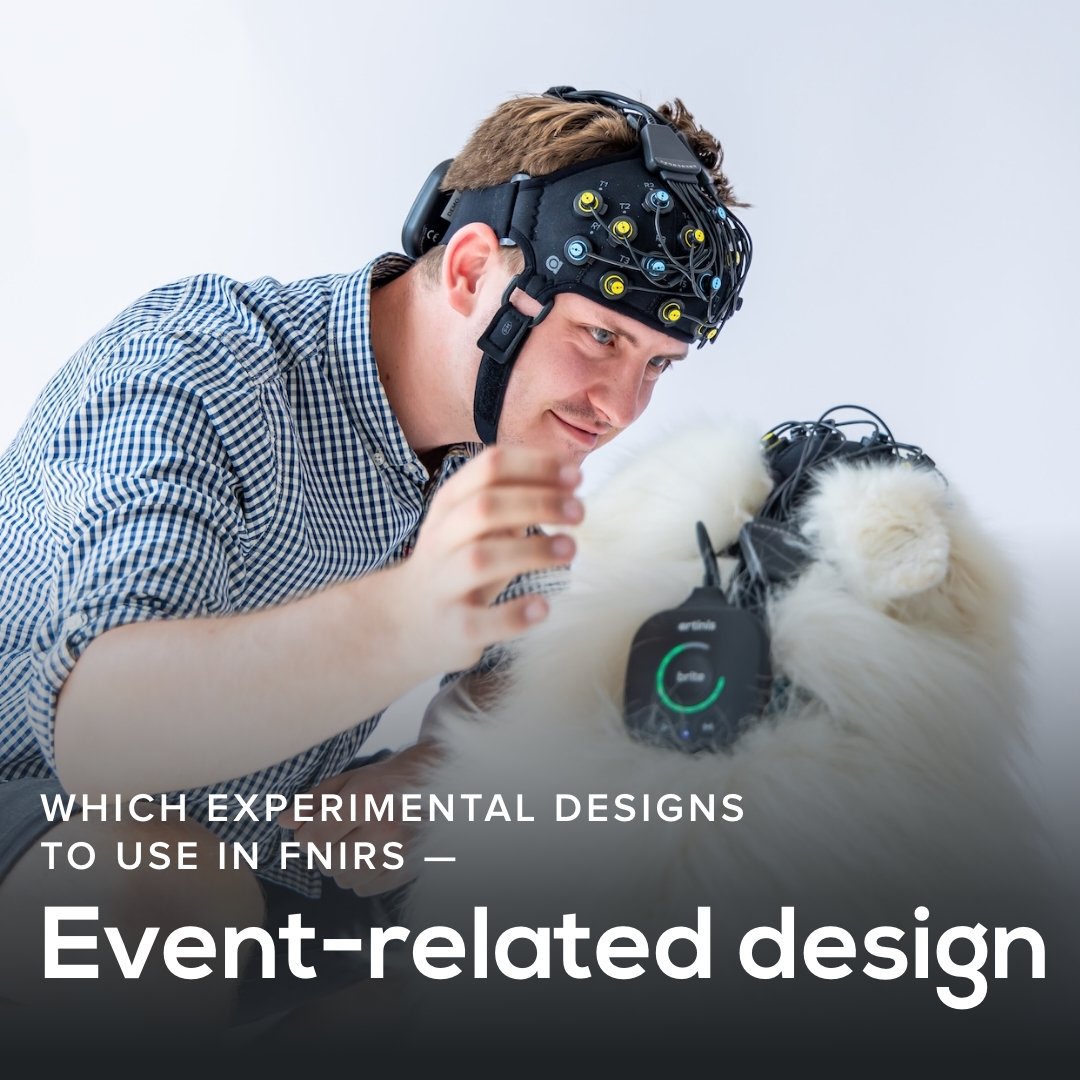
Which experimental designs to use in fNIRS — Event-related design
Event-related study design is frequently used in fNIRS experiments, especially in naturalistic settings or multimodality setups. In this blogpost, we explain what event-related study design is, and dive into its advantages and considerations, as well as recommendations on how to best set up an event-related fNIRS study.
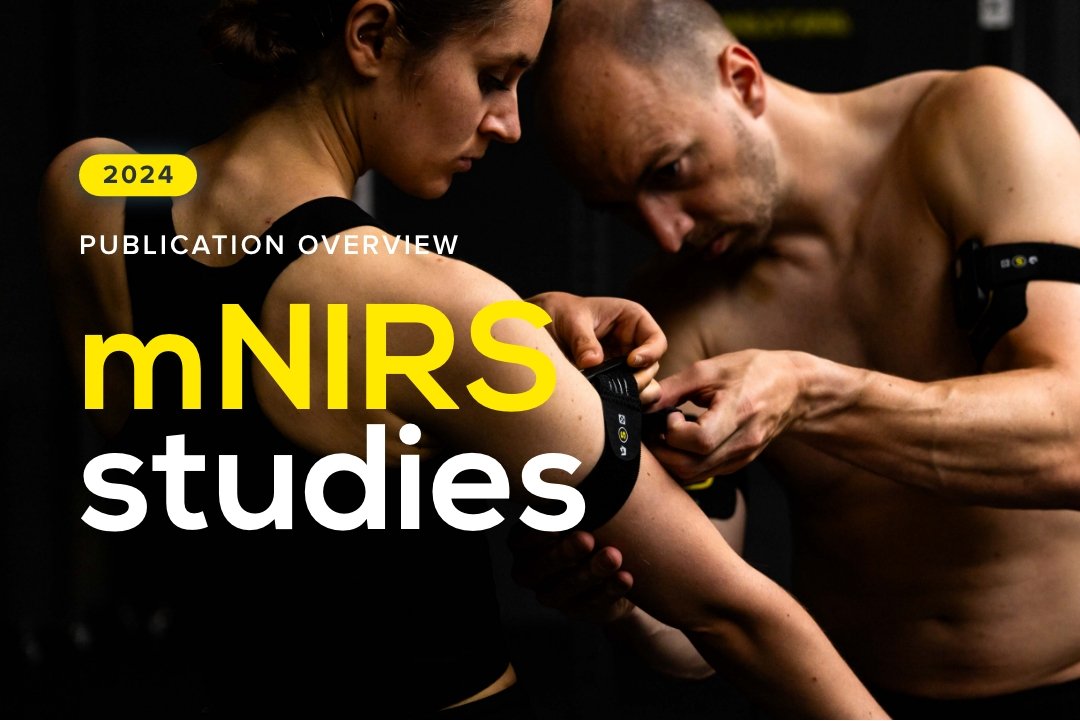
Publication overview 2024 - mNIRS studies with our devices
In 2024, an increasing number of exciting papers measuring muscle NIRS with our devices have been published. In this blogpost, we depict application fields and purposes of using NIRS to measure muscle oxygenation, and highlight relevant studies published in the last year using Artinis devices per category. Further, we show recent publications targeting to assess reproducibility in muscle NIRS.
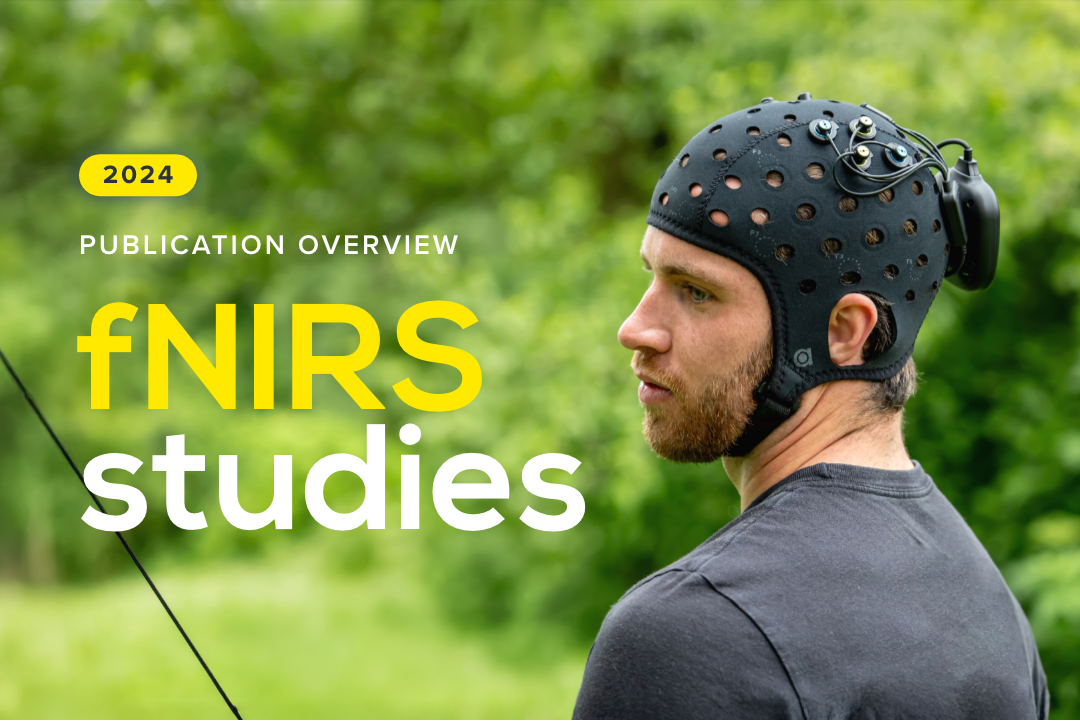
Publication overview 2024 - fNIRS studies with our devices
In 2024, an increasing number of relevant literature measuring brain activity with our fNIRS devices have been published. In this blogpost, we discuss application fields and purposes of using fNIRS to measure in the brain, and highlight exciting studies published in the last year with Artinis devices per category. Further, we show recent publications using our devices in naturalistic settings outside of the lab.
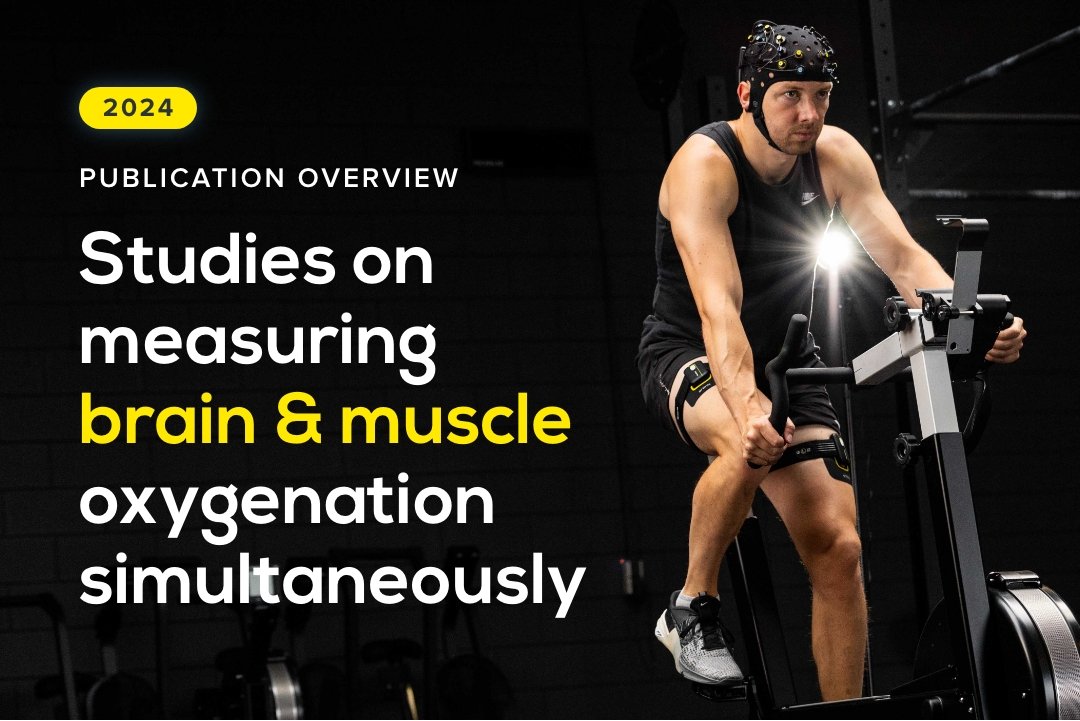
Publication overview 2024 - Studies measuring brain and muscle oxygenation simultaneously using our devices
NIRS can be used to measure brain and muscle oxygenation at the same time to get a complete picture on oxygen status in the body. We are happy that in 2024 an increased number of studies using NIRS on brain and muscle simultaneously in various application fields was released. Read this blogpost to learn more about application areas of NIRS to assess cerebral and muscular oxygenation, and highlighted publications of last year per category.
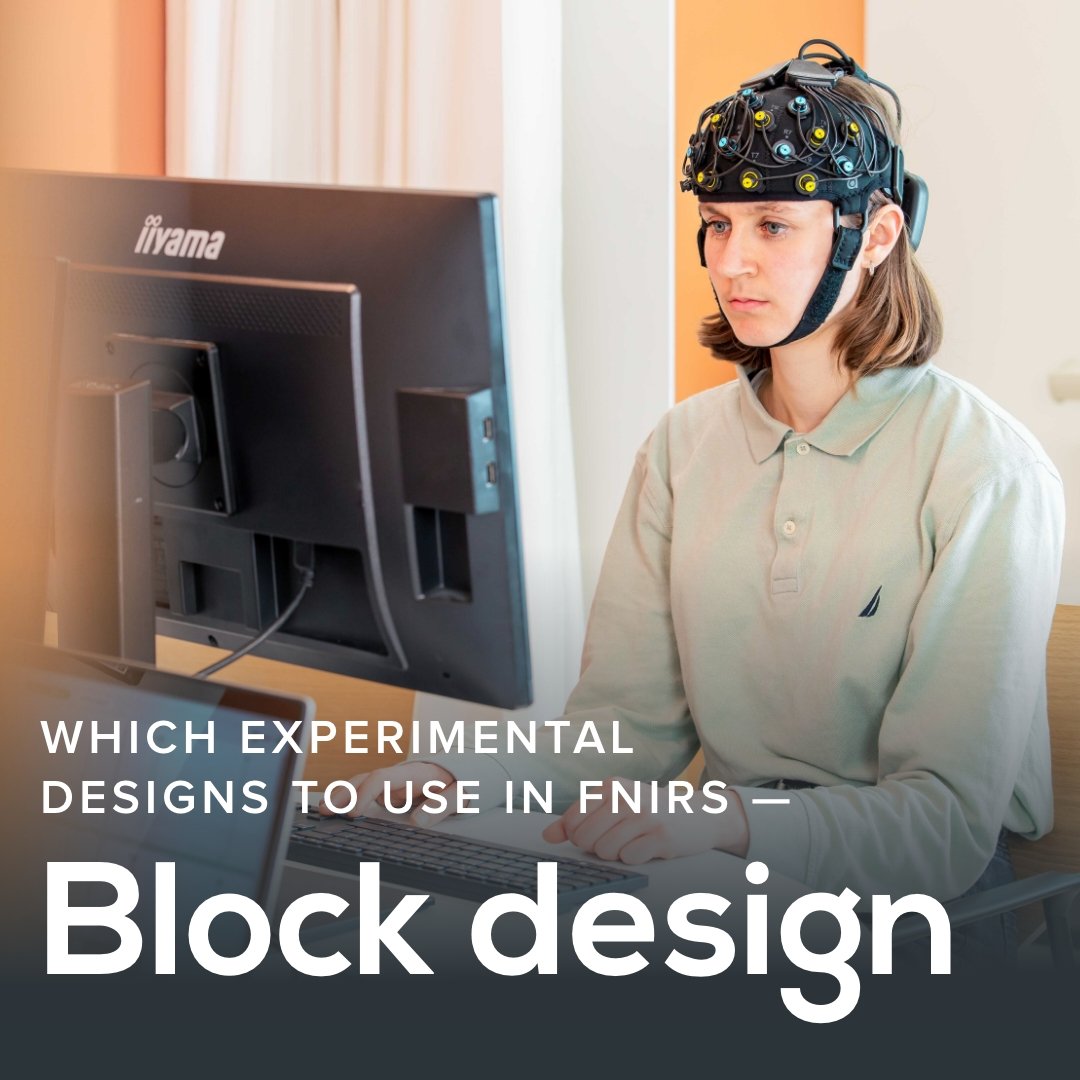
Which experimental designs to use in fNIRS — Block design
Block design is one of the most frequently used experimental designs when performing fNIRS experiments, as it offers various advantages. In this blogpost, we explain characteristics, advantages and considerations of block design experiments, and give recommendations on how to correctly use it in your fNIRS research.
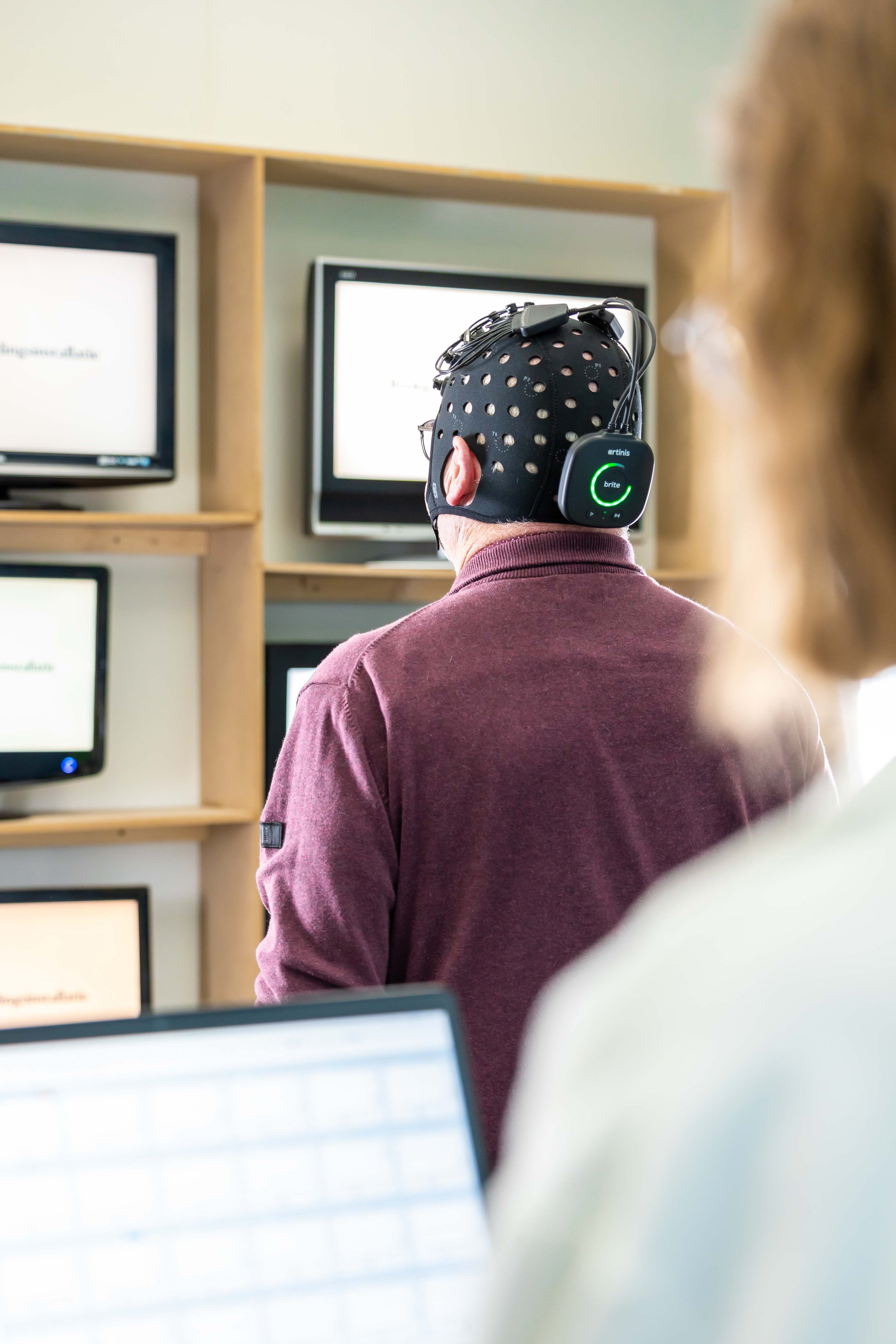
Which experimental designs to use in fNIRS — Introduction
This is the introduction post of our blogpost series on experimental designs in fNIRS. In this blogpost, we explain what fNIRS measures, which general considerations have to be considered, and which frequent experimental setups we have for fNIRS.
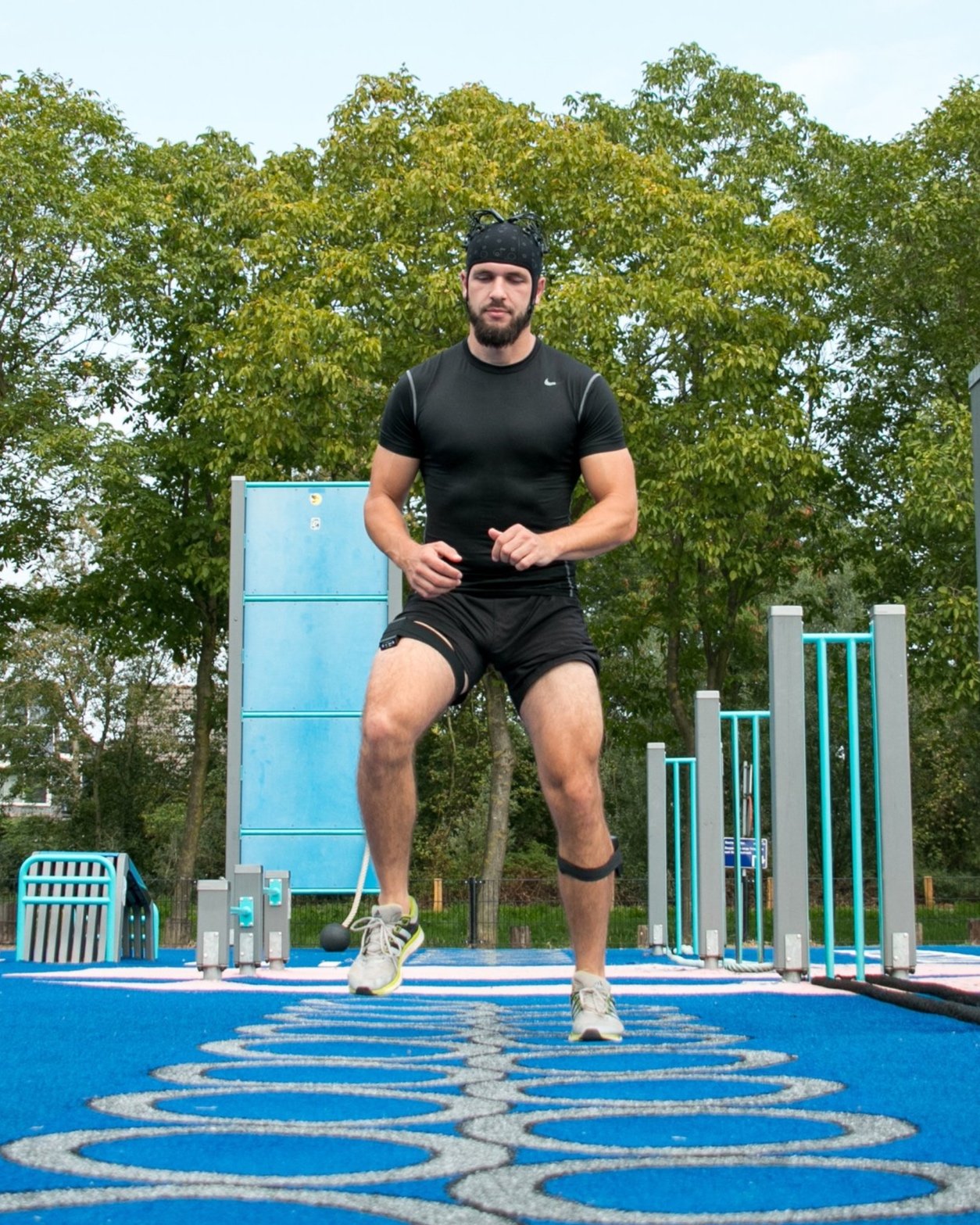
Beyond the Brain: Unveiling the Mind-Muscle Connection with Simultaneous NIRS
NIRS can be applied on any tissue enabling to measure brain and muscle oxygenation simultaneously. Read this blogpost to learn more about application areas employing NIRS on muscle and brain at the same time, recently published literature and solutions Artinis offers to make this possible.
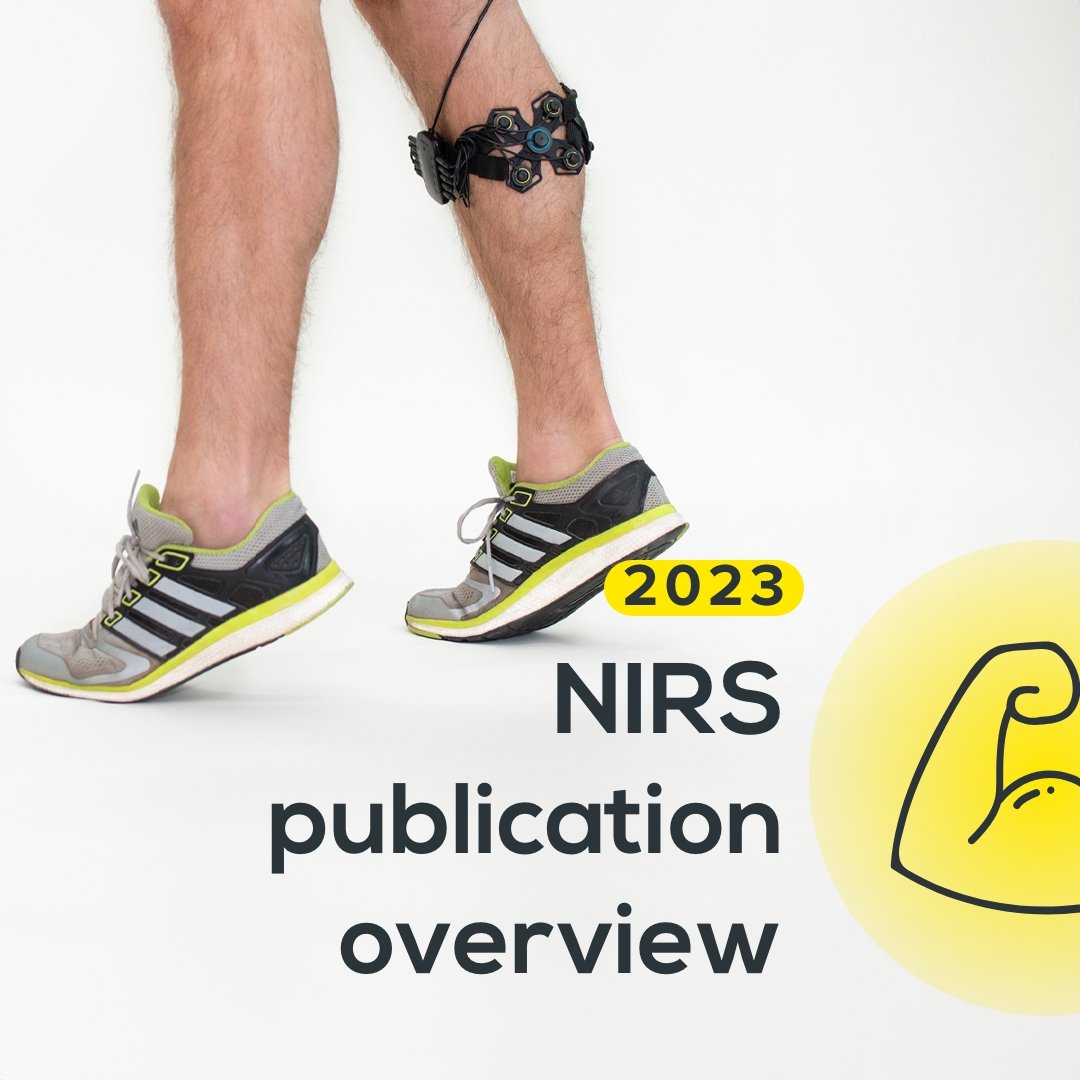
Publication overview 2023: Using our Artinis NIRS devices to measure in the muscle
We are proud that in 2023, an increasing number of publications using our NIRS devices to measure muscle oxygenation was found. In this blogpost, we list application areas with papers released last year utilizing our devices. We also highlight and summarize interesting publications per application category.
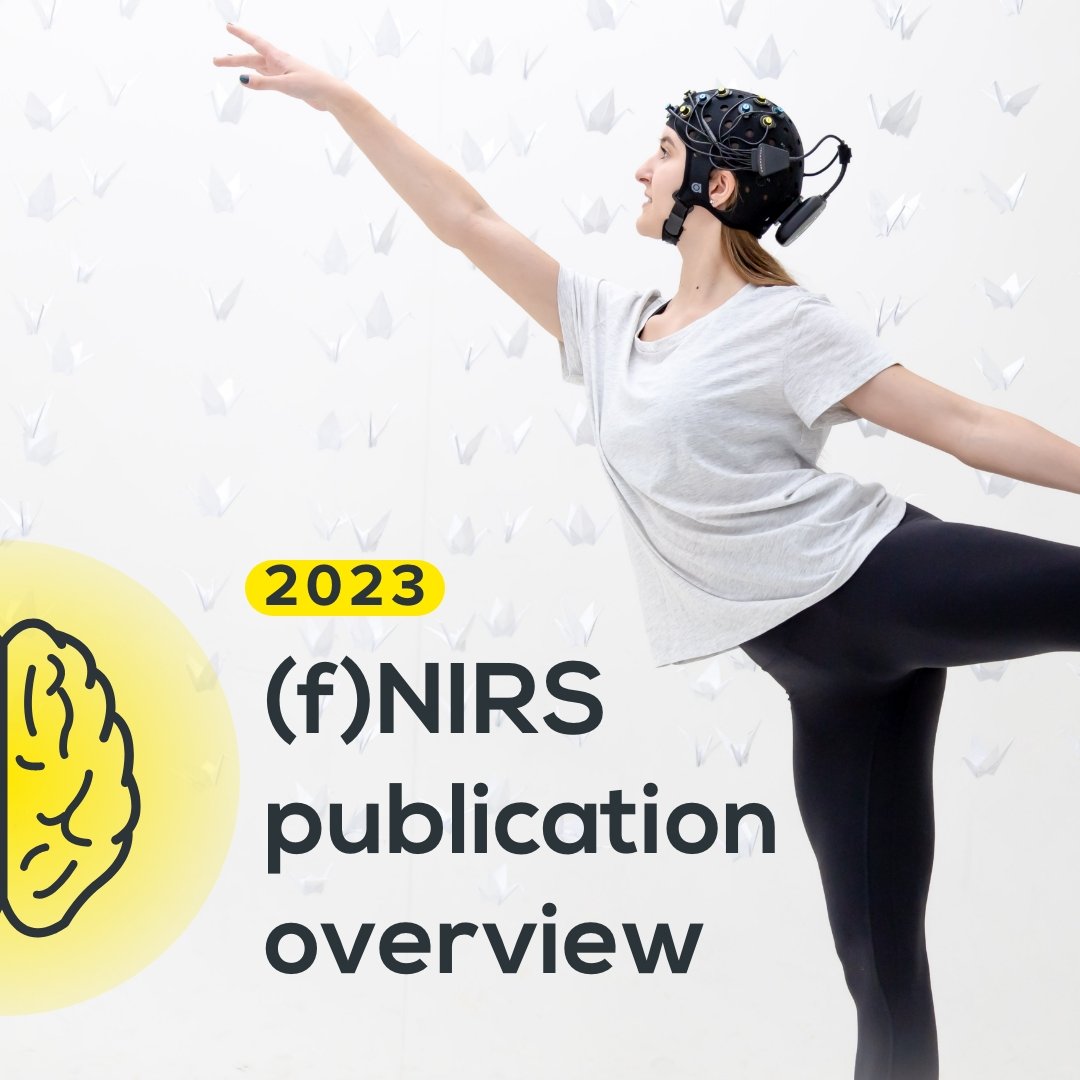
Publication overview 2023: Using our (f)NIRS devices to measure in the brain
We are proud that in 2023 an increasing number of publications using our (f)NIRS devices to measure brain activity could be found. In this blogpost, we list application areas with papers released last year utilizing our devices. We also highlight and summarize interesting publications per application category.
